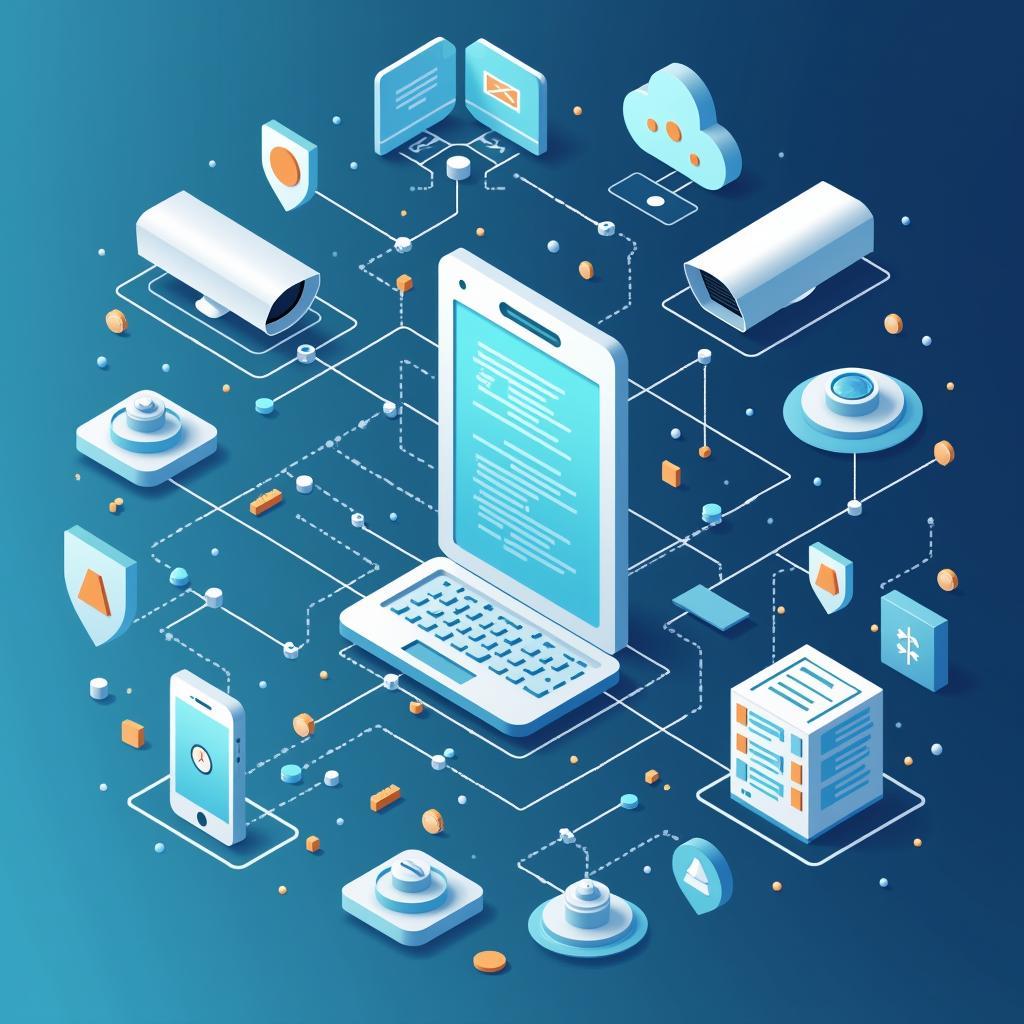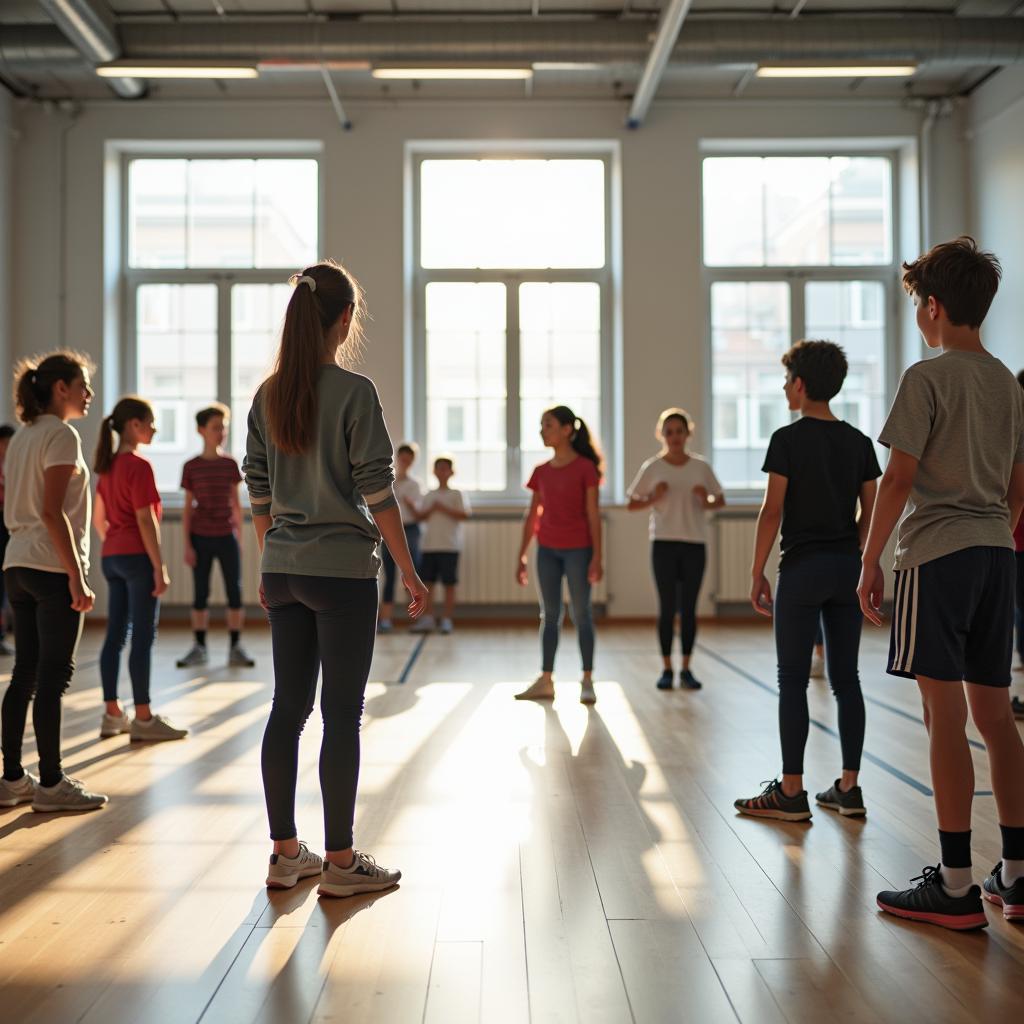The topic of technology’s impact on privacy rights has become increasingly prevalent in IELTS Writing Task 2 examinations. Based on analysis of past exam questions from 2018-2023, this theme appears in approximately 15% of tests, particularly in questions about social issues, government policies, and modern lifestyle changes. Let’s examine one frequently occurring question type:
Nội dung bài viết
Some people believe that modern technology is making it easier for governments and companies to monitor individuals’ private lives. Others think this monitoring is necessary for safety and commercial purposes. Discuss both views and give your opinion.
Analysis of the Question
This question requires candidates to:
- Discuss advantages and disadvantages of technological monitoring
- Consider both individual privacy and institutional benefits
- Present a balanced argument with a clear personal stance
- Provide relevant examples and supporting evidence
The impact of digital technology on privacy rights has become increasingly complex in recent years, making this a challenging topic for many test-takers.
Sample Essay 1 (Band 8.5)
In today’s digital age, the extent of surveillance through technology has sparked intense debate. While some argue that this monitoring infringes on personal privacy, others maintain it serves crucial security and business purposes. I believe a balanced approach is necessary to address both concerns.
Those who oppose extensive monitoring have valid concerns about privacy invasion. Personal data collection through smartphones, social media, and online transactions has reached unprecedented levels, enabling detailed profiling of individuals’ behaviors and preferences. For instance, recent revelations about social media companies tracking users’ browsing habits even when logged out have raised serious ethical questions about digital privacy boundaries.
Conversely, proponents of monitoring systems present compelling arguments for their necessity. Advanced surveillance technologies have proven instrumental in preventing crime and terrorism, while businesses use data analytics to enhance customer experience and develop better products. The successful prevention of several terrorist attacks in major cities through CCTV monitoring demonstrates the security benefits of such systems.
However, I believe the solution lies in establishing strict regulations governing data collection and usage. Organizations should be required to implement transparent privacy policies and obtain explicit consent for data collection. Additionally, individuals should have greater control over their personal information, including the right to delete their data from company databases. This approach would help balance security needs with privacy rights.
In conclusion, while technological monitoring serves important purposes, it must be regulated to protect individual privacy. A framework of clear guidelines and robust oversight can help achieve this balance.
 Modern surveillance and privacy concerns in digital era
Modern surveillance and privacy concerns in digital era
Sample Essay 2 (Band 6.5)
Nowadays, technology makes it easy for governments and companies to watch people’s private lives. Some people think this is bad, but others say it helps keep us safe. I will discuss both sides and give my opinion.
On one hand, monitoring people’s activities can invade their privacy. When companies collect our personal information from phones and computers, they know too much about us. For example, shopping websites remember what we buy and show us advertisements based on our history. This makes many people feel uncomfortable.
However, some monitoring is good for safety. The police can catch criminals using cameras in public places, and companies can protect their customers from fraud by checking unusual activities. In my country, bank monitoring systems have stopped many cases of credit card theft.
The need for ethical technology development suggests that we should find ways to protect both privacy and security. I think the government should make strict rules about how companies can use our information. Also, people should be told when their data is being collected.
In conclusion, while monitoring can help keep society safe, we need better rules to protect privacy. Both governments and companies should be more careful with people’s personal information.
Key Vocabulary
- surveillance (n) /səˈveɪ.ləns/ – the careful watching of a person or place
- unprecedented (adj) /ʌnˈpres.ɪ.den.tɪd/ – never having happened or existed before
- infringement (n) /ɪnˈfrɪndʒ.mənt/ – an action that breaks a law or agreement
- proponents (n) /prəˈpəʊ.nənts/ – people who support an idea or theory
- ethical (adj) /ˈeθ.ɪ.kəl/ – relating to beliefs about right and wrong
High-Scoring Sentence Patterns
- Complex Contrast: “While [argument A], [argument B].”
- Cause-Effect: “The implementation of [technology] has resulted in [consequence].”
- Balanced Opinion: “Although [counterargument], I believe [main argument] because [reasoning].”
Let us know your thoughts by practicing with this topic in the comments section below!


